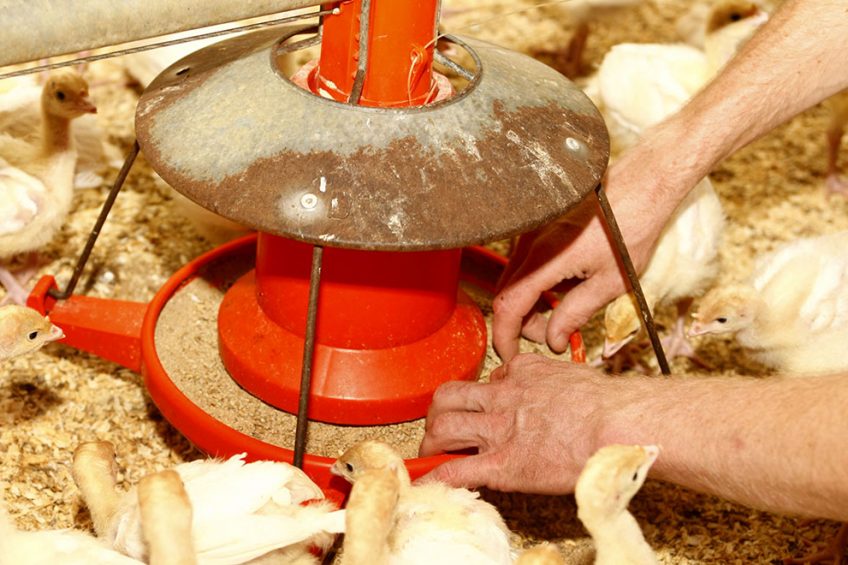US poultry firms issue framework for antibiotic stewardship

Leading poultry firms and stakeholders in the United States are among a group of major stakeholders who have signed up to a framework for antibiotics stewardship in animals.
They have agreed that the use of medically important antibiotics in all settings, from human health care to livestock production, must be effectively managed to slow the emergence of resistant bacteria and preserve the effectiveness of drugs.
The framework aims to get food-animal producers and purchasers working together by defining what effective stewardship looks like in animal production and laying out the core components for meaningful programmes.
Core components
The 15 core components of the antibiotic stewardship framework are based on the importance of veterinary guidance and partnership, disease prevention strategies and optimal treatment approaches, as well as effective record keeping and a culture of continuous improvement and commitment to antibiotic stewardship.
The components address education, implementation and evaluation steps for phasing in stewardship programmes. The framework’s guiding principles are intended to help ensure that stewardship programmes have a clear scientific basis, are transparent, minimise the risk of unintended consequences, encourage alternatives to antibiotics and focus on long-term sustainability.
It has been established by the renowned Pew Charitable Trusts and Farm Foundation and has been agreed by Elanco Animal Health, Hormel Foods, Jennie-O Turkey Store, McDonald’s Corporation, National Milk Producers Federation, National Pork Board, National Pork Producers Council, National Turkey Federation, Smithfield Foods Inc, Tyson Foods, Walmart Inc, and Zoetis.
Kathy Talkington, who directs Pew’s antibiotics resistance project, said she was pleased that the organisations who were part of the dialogue over the past two years represented the food animal supply chain from farm to table.
Protecting animal and human health
“Antibiotic stewardship is essential to protecting human and animal health, ensuring food safety and security, and combating antibiotic resistance – issues that consumers increasingly care about when making their purchasing decision.
“The organisations… recognise the need for meaningful stewardship programmes that everyone can understand and trust.”
Joe Swedberg, chairman of the board of Farm Foundation, added: “The participating organisations are enthusiastic that the framework provides the basis for a robust and science-based system – one that consumers can understand and trust, and that enhances both animal and public health.
“This framework is about stakeholders coming together to do the right thing and communicate their commitment to antibiotic stewardship, with a transparent and meaningful approach.”
Sales for antimicrobial drugs sold for use in livestock peaked in 2015 but have fallen by 41% since then. The Food and Drug Administration released its 2017 report recently which showed there had been a 33% declined from 2016 to 2017 in the sales and use of “medically-important antimicrobials” in the livestock industry.












